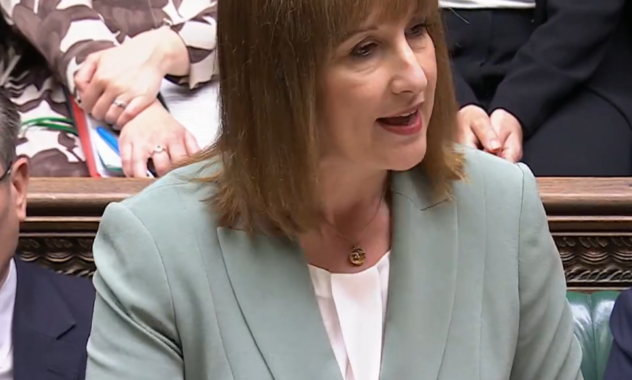Underpaid, Overworked, ignored – RMT members demand urgent reform for bus industry
Bus workers are being pushed to breaking point by low pay, excessive hours, and rising violence on the job, a new survey has found.

Data from two surveys of over 500 bus workers paints a stark picture of a workforce undervalued, overworked, and exposed to daily risk.
Key findings:
· 72.6% say low pay is the main reason colleagues are leaving the job, with many earning less than warehouse or hospitality staff, despite the safety-critical nature of their role.
· Nearly half (47%) report working excessive hours, while 70% suffer from musculoskeletal pain linked to long shifts and poor cab design.
· Around two-thirds have experienced abuse, violence, or anti-social behaviour at work in the past year.
The Government plans to train all frontline bus workers to handle anti-social and criminal behaviour.
According to the RMT’s survey results:
· 90% say being expected to identify, respond to, or prevent anti-social or criminal behaviour puts their own safety at risk.
· Less than 30% think it’s even practical to respond to such incidents and less than a quarter believe prevention is possible under current conditions.
Workers overwhelmingly back action to reduce violence with 88% supporting CCTV being installed on all buses.
87% of those surveyed want action against offenders, 73% back a specific offence for assaulting bus staff and almost 90% say their employer does not have effective measures to protect them.
Unlike in the rail sector, most bus workers told us that they did not have access to confidential safety reporting at work, with over 80% saying they would like access to this information.
And nearly 90% support the creation of an independent bus accident investigation branch, similar to that which exists in rail.
The union which represents bus members in many parts of the country are demanding real pay rises tied to the cost of living, legal caps on shift lengths and urgent action on workplace injuries.
With tougher laws to protect workers from abuse, including mandatory CCTV, prosecution of offenders, and a new offence for assaults on bus staff, the union believes these measures will make working in the bus industry much more attractive to would be workers.
RMT general secretary Eddie Dempsey said:
“Bus workers are being squeezed from every direction, forced to endure low pay, long hours and to cope with serious assaults.
We are calling for a change in the law to make it a specific offence to assault a transport worker—just as it already is for emergency service workers and retail staff in Scotland.
Legislation going through Parliament would require bus workers to be trained on identifying, responding to and where safe to do so, preventing anti-social and criminal behaviour.
We have serious concerns about the impact of these proposals on our members’ safety.”
Pointing out that many bus workers were working shifts that were far too long leading to fatigue, Mr Dempsey added:
“Drivers are in many cases working 12-hour shifts, suffering injuries, and facing abuse on the job, all while trying to keep buses running and serving the community admirably.
Employers are piling on the pressure and pocketing the profits, while the people doing the work are being pushed to the limit.
We need proper pay, safe conditions, and real protections—anything less and we are putting lives at risk.
The Labour government’s plans for the bus industry are welcome but the Bus bill needs to go further regarding workplace protections.”







